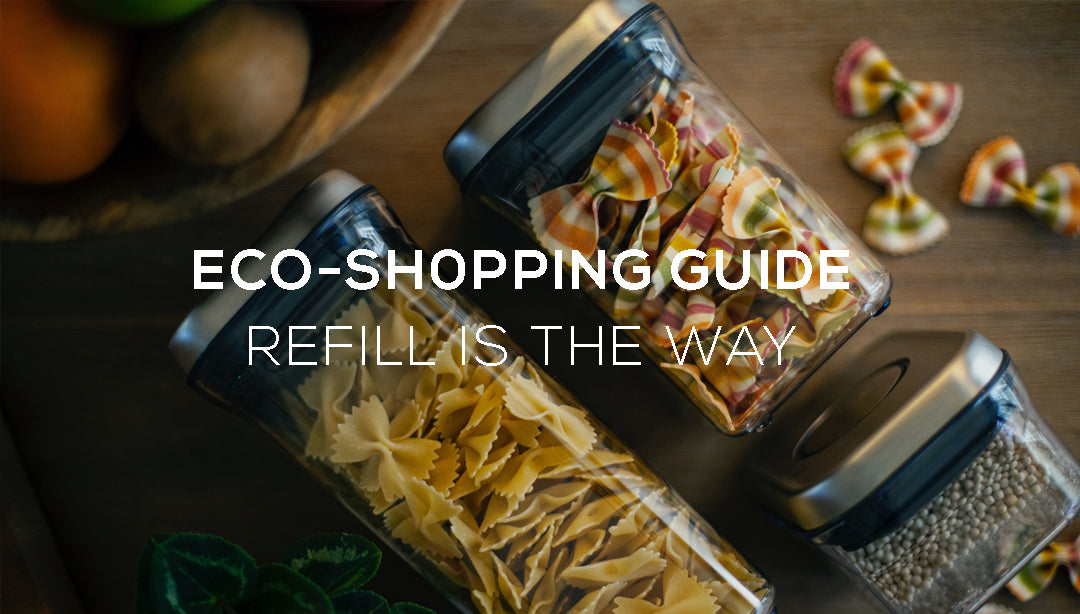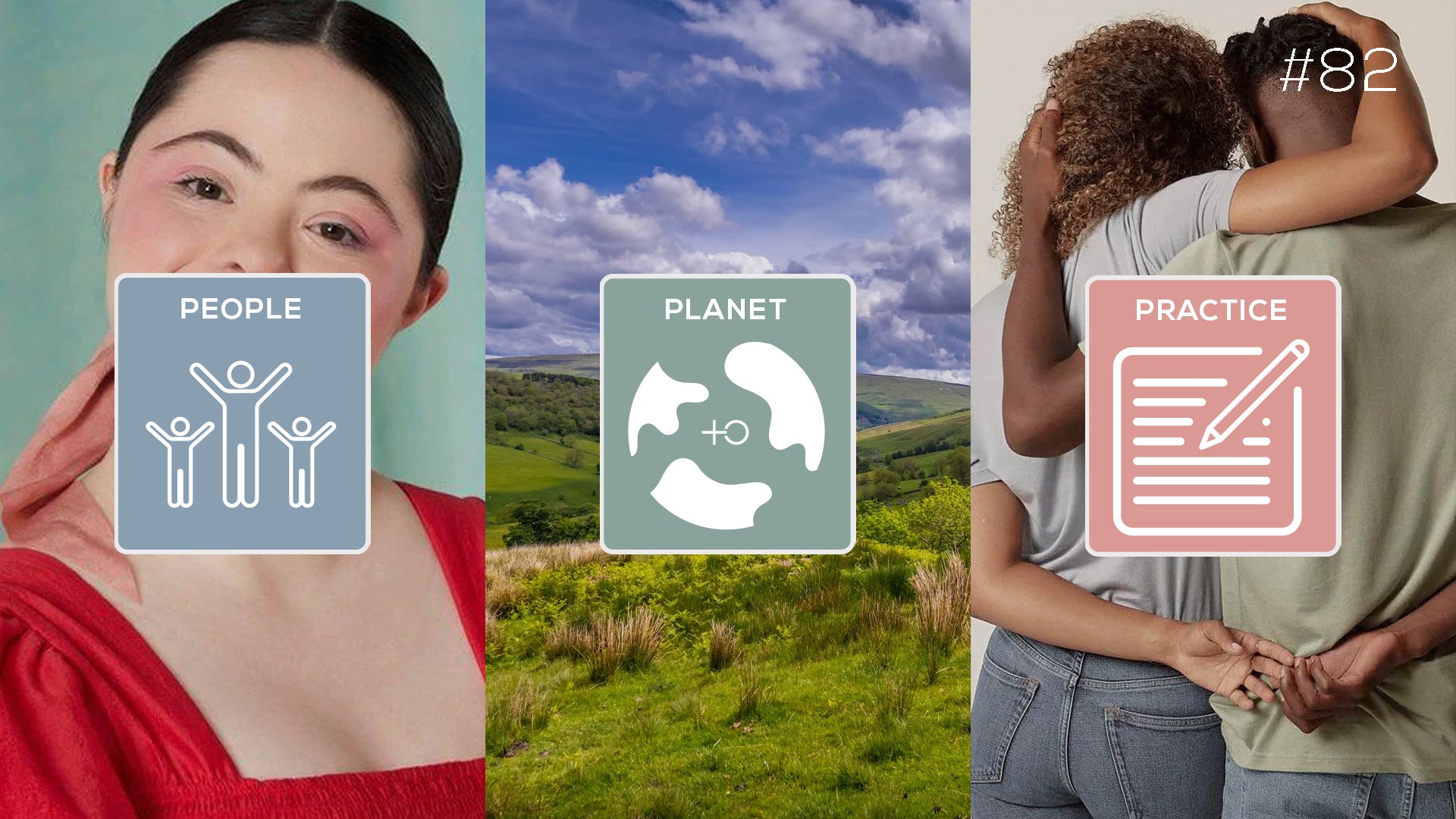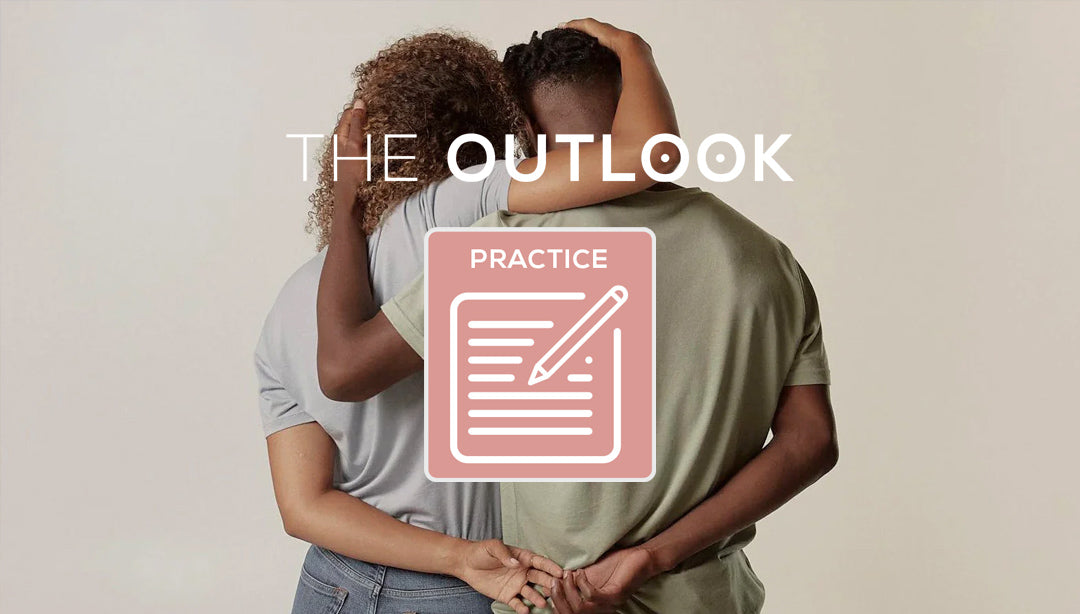
#72 PLANET
Women protecting Kenya's last rainforest
Women's groups are finding ways to use and protect the forest's resources

As Women's History Month celebrates women's contributions to history, culture and society, this week we're highlighting the efforts of groups of women working together to protect some of Kenya's most precious resources.
Kakamega Forest, the only surviving rainforest in Kenya, is under threat from overexploitation, but women’s groups are finding ways to both use and protect the forest’s precious resources.
The forest was listed by Unesco as a World Heritage Site in 2010 and is the home of many birds, insects and plants, some of which are not found anywhere else in Kenya. Local communities rely heavily on the forest's resources such as timber, herbal medicines or building materials but poverty levels mean that people get hold of these resources in unsustainable ways, and are putting the forest in peril.
As the climate crisis intensifies, women are often the most vulnerable, facing threats to their health, security and earnings but studies have shown they're also the best positioned to find new solutions (One Earth, 2022).
In Kakamega, several groups led by women have emerged to support the community and show that there is a way to both protect and profit from the forest.
Marida Khalawa founded the Muliru Farmers’ Conservation Group which has beehives in the forest, harvesting honey every three months. The group also promotes ethical harvesting for medicinal purposes, only harvesting from mature trees and avoiding interference with the growth of younger ones.
A similar group, Shamiloli Forest Conservation Green Growers, gives eucalyptus and cypress seedlings for free and offers planting advice to encourage reforestation. The group is allowed to grow crops as long as no indigenous trees need to be cut down for it.
Another great initiative is from the Valonjis Womens Group, which has been producing and installing energy-saving stoves in communities around Kakamega Forest for over ten years in an effort to reduce household consumption of forest resources like firewood. Brenda Luhombo, a local resident, says “[she] used to spend 200 shillings (£1.30) per day on firewood and 2,000 shillings (£130) on charcoal every week, but since the stove installation in [her] kitchen, [she] spend[s] only 100 shillings (£0.65) on firewood which lasts up to one week".
According to Global Forest Watch, from 2001 to 2021, Kakamega lost almost three thousand hectares, an 8.2% decrease in tree cover and equivalent to some 1.37 million tons in carbon dioxide emissions. High firewood and timber demand from neighbouring communities were largely responsible. However, thanks to the Women's group, locals such as Brenda Luhombo are able to save money whilst protecting the forest.
In 2010, the group was approached by the company Eco2librium to help them in their efforts to save the Kakamega Forest from extinction due to the illegal wood harvesting and climate change. Eco2librium develops and distributes cookstoves and renewable-energy products to reduce the demand for wood fuel from the forest.
The group started to mould the stoves which Eco2librium was to buy and install in the adjacent communities. For Eco2librium, partnering with women was the most logical way to push their technologies as women would be more likely to listen and spread the word to other women they can relate to.
As well as helping to save the forest, this partnership has empowered women from the group and meant they are able to put their children through higher education and provide for their families. Eco2librium works with 11 other women groups who produce and install stoves in other regions. As of December 31st 2022, 150,814 stoves had been installed in over 80,000 households in Kakamega, Vihiga, Bungoma, Busia, Nandi, Siaya and Kisumu counties.
The project has helped in the restoration of the Kakamega forest and in the conservation of its threatened biodiversity, planting 10,000 indigenous trees in 2022. Eco2librium also converts sugarcane by-product into sustainable charcoal as an alternative fuel source to wood charcoal. As a result of these initiatives, Eco2librium has been included in the ‘Best for the World’ list, in 2017, 2018, 2020 and 2021 by B Lab, a global organisation that promotes the use of business as a force for good.
Inger Anderson, executive director of the United National Environmental Programme, said at the 66th UN Status of Women meeting last year: “We have had enough male-dominated solutions. A just transition to a green, sustainable future requires gender responsive approaches.”
It looks like Kenyan women are on their way to doing just that!
Léa's takeaway
It's so inspiring to see companies empowering women to be a force for good and allow them to be independent while working on the restoration of the planet's resources.
2022 saw women in the UK build more businesses than ever which just shows how communities work better when inclusivity is at the forefront.
If you want to keep celebrating women's achievements this month, there's some great lists of films, documentaries and books to see and read to learn about some of the greatest women that have shaped our history.

Blog Author: Léa Gorniak - Mar 13th 2023


